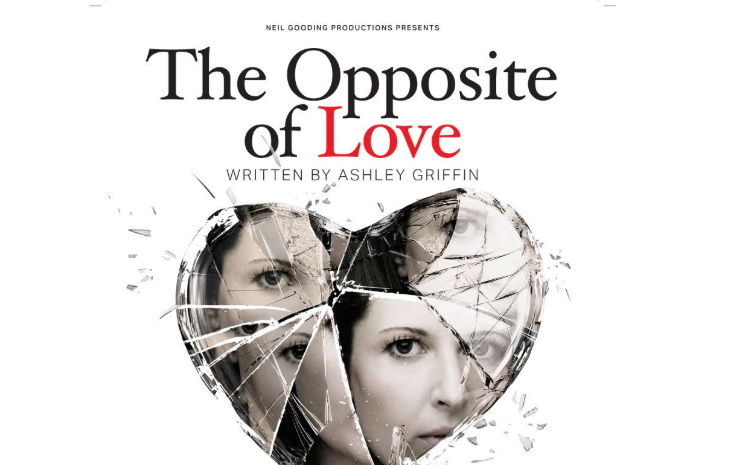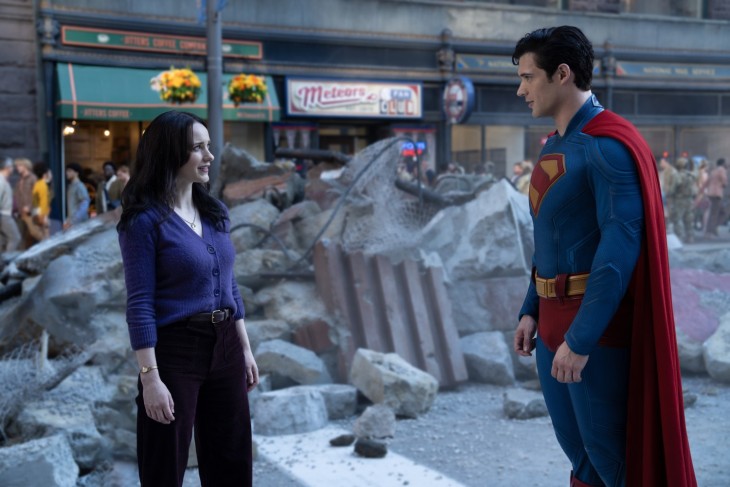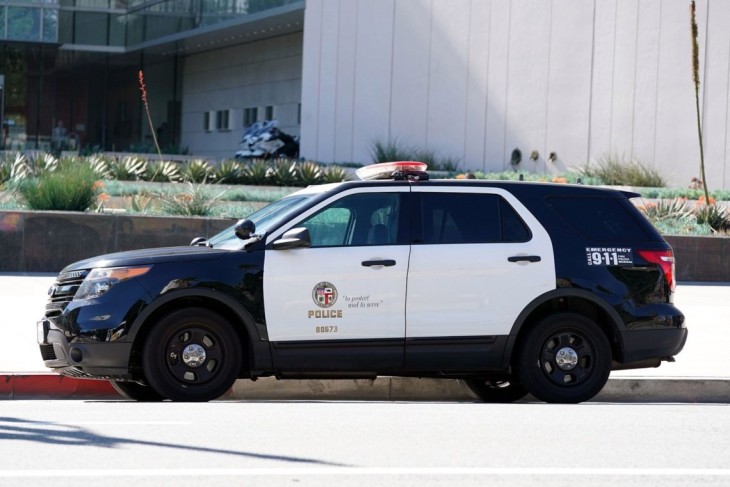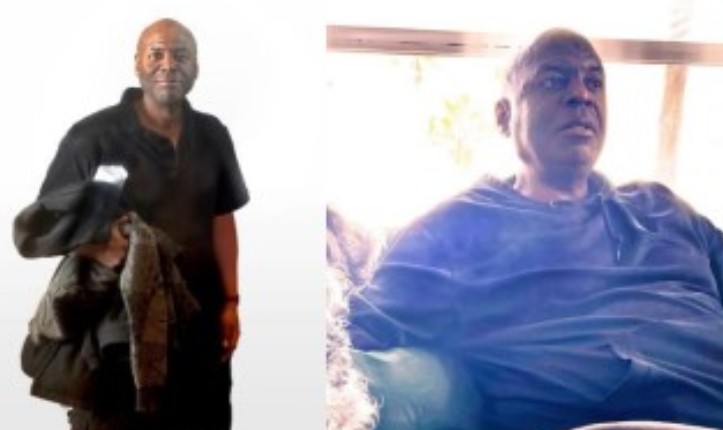FILM REVIEW
AMERICAN FICTION
Rated R
117 Minutes
Released December 22nd

Oscar Nominations: Best Picture, Actor, Supporting Actor, Adapted Screenplay, Original Score
If you told me Woody Allen had a hand in writing this film, I would believe you. The story is based on the 2001 novel Erasure by Percival Everett. It’s a biting, sarcastic, truthful look at human nature, particularly how we don’t say what we mean or don’t say anything at all when experiencing a culture different from our own. It’s about how we fail to see those around us as unique human beings, instead pinning them to a preconceived identity out of fear of not being accepted ourselves. I would call it a good sequel to Mean Girls, as the story is grounded in assumptions and second-guessing. Too bad the studios didn’t release them together like “Barbenheimer,” as “Mean Fiction.”
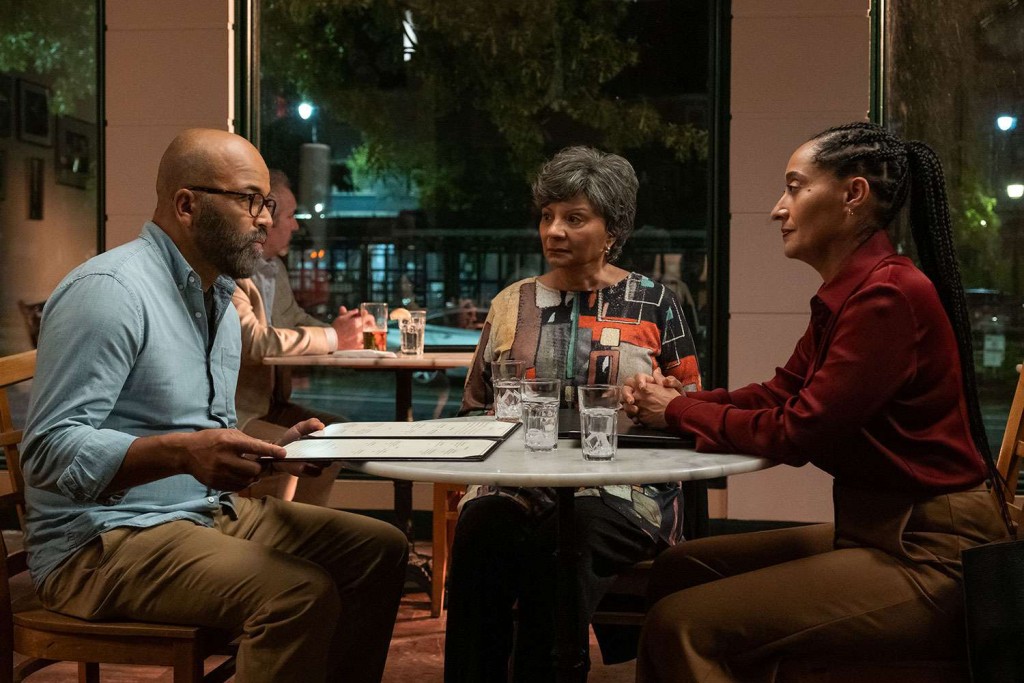
The basic story in the movie is about sibling rivalries, sexual orientation revelations, family financial difficulties, and other problems that people of any cultural background face. The secondary story that circles around this family base is one that cracks open the cultural preconceptions of our society that shape these people’s lives because they happen to be Black.
This is writer/director Cord Jefferson’s first feature film. Jefferson’s own experiences were so similar to those of the characters in the story that he knew them well, so his learning curve was only the technical aspects of directing. Jefferson’s Mom was white, and his Dad was black, and for that reason, his Mom’s father shut out the family.
Jefferson started his career as a journalist, writing for USA Today, Huffington Post, and New York Times Magazine. In 2014, he wrote a piece for a magazine that detailed his frustrations towards editors who were constantly approaching him to write about racism and Black trauma. He made a career move to television writing for shows such as Watchmen, The Good Place, and Master of None, and producers would give him notes about making his characters “Blacker.” They wanted him to write about slaves and drug dealers.
When he read Erasure in late 2020, he described the experience thus: “It was exciting as it was uncanny. It felt like someone had decided to write a novel specifically addressing everything I was going through and thinking about for the past 20 years.” His clear understanding of the elements of the theme allowed him to use his instinct to blend and balance the two storylines and the visualizations beautifully. He uses an uncommon technique to portray the writer’s thoughts on film, and because of his expertise and the actors’ skill, it works. One sign of a great director is their ability to pull together an extraordinary cast and crew.
Editor Hilda Rasula knew that the script “blended comedy and drama in an interesting and weird way,” so she realized her job was to make the editing set the tone. Director of Photography Cristina Dunlap understood she needed to carefully plan the shoot and lenses so that it was intimate and heartfelt rather than outrageous comedy. Composer Laura Krugman worked closely with editor Rasula to add a jazzy score that would highlight the tone, the moods, and the emotional spikes.
The cast of this movie is no less than brilliant. Jeffrey Wright conveys the hair-trigger anger and frustration that underlie the irascible “Monk.” Wright is one of those rare actors, like Christian Bale, who is a chameleon, appearing to be a completely different person in every role he inhabits. Erika Alexander is perfect as “Coraline.” Leslie Uggams, at the age of 80, adds a charming grace to the role of “Agnes.” Sterling K. Brown is hilarious and genuine as “Clifford,” Tracee Ellis Ross shines as “Lisa,” and Adam Brody brings a great comedic turn as film director “Wiley.”
In the end, the story becomes itself. You’ll see what I mean when you watch the movie.
Kathryn Whitney Boole has spent most of her life in the entertainment industry, which has been the backdrop for remarkable adventures with extraordinary people. She is a Talent Manager with Studio Talent Group in Santa Monica. kboole@gmail.com



